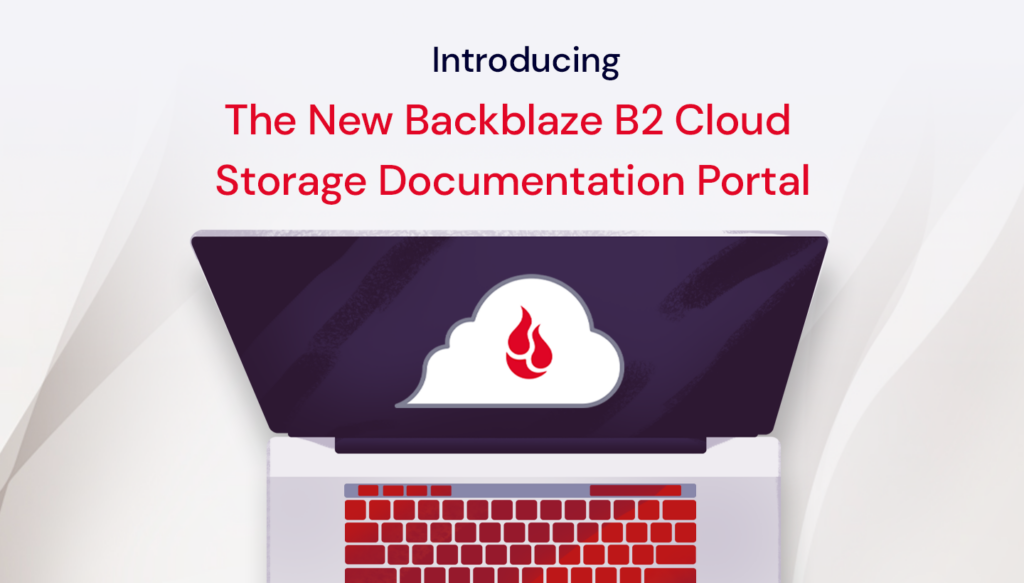
When you’re working hard on an IT or development project, you need to be able to find instructions about the tools you’re using quickly. And, it helps if those instructions are easy to use, easy to understand, and easy to share.
On the Technical Publications team, we spend a lot of time thinking about how to make our docs just that—easy.
Today, the fruits of a lot of thinking and reorganizing and refining are paying off. The new Backblaze technical documentation portal is live.
What’s New in the Tech Docs Portal?
The documentation portal has been completely overhauled to deliver on-demand content with a modern look and feel. Whether you’re a developer, web user, or someone who wants to understand how our products and services work, our portal is designed to be user-friendly, with a clean and intuitive interface that makes it easy to navigate and find the information you need.
Here are some highlights of what you can look forward to:
- New and updated articles right on the landing page—so you’re always the first to know about important content changes.
- A powerful search engine to help you find topics quickly.
- A more logical navigation menu that organizes content into sections for easy browsing.
- Information about all of the Backblaze B2 features and services in the About section.
You can get started using the Backblaze UI quickly to create application keys, create buckets, manage your files, and more. If you’re programmatically managing your data, we’ve included resources such as SDKs, developer quick-start guides, and step-by-step integration guides.
Perhaps the most exciting enhancement is our API documentation. This resource provides endpoints, parameters, and responses for all three of our APIs: S3-Compatible, B2 Native, and Partner API.
For Fun: A Brief History of Technical Documentation
As our team put our heads together to think about how to announce the new portal, we went down some internet rabbit holes on the history of technical documentation. Technical documentation was recognized as a profession around the start of World War II when technical documents became a necessity for military purposes. (Note: This was also the same era that a “computer” referred to a job for a person, meaning “one who computes”.) But the first technical content in the Western world can be traced back to 1650 B.C—the Rhind Papyrus describes some of the mathematical knowledge and methods of the Egyptians. And the title of first Technical Writer? That goes to none other than poet Geoffrey Chaucer of Canterbury Tales fame for his lesser-known work “A Treatise on the Astrolabe”—a tool that measures angles to calculate time and determine latitude.

After that history lesson, we ourselves waxed a bit poetic about the “old days” when we wrote long manuals in word processing software that were meant to be printed, compiled long indexes for user guides using desktop publishing tools, and wrote more XML code in structured authoring programs than actual content. These days we use what-you-see-is-what-you-get (WYSIWYG) editors in cloud-based content management systems which make producing content much easier and quicker—and none of us are dreaming in HTML anymore.
<section><p>Or maybe we are.</p></section>
Overall, the history of documentation in the tech industry reflects the changing needs of users and the progression of technology. It evolved from technical manuals for experts to user-centric, accessible resources for audiences of all levels of technical proficiency.
The Future of Backblaze Technical Documentation Portal
In the coming months, you’ll see even more Backblaze B2 Cloud Storage content including many third-party integration guides. Backblaze Computer Backup documentation will also find a home here in this new portal so that you’ll have a one-stop-shop for all of your Backblaze technical and help documentation needs.
We are committed to providing the best possible customer-focused documentation experience. Explore the portal to see how our documentation can make using Backblaze even easier!


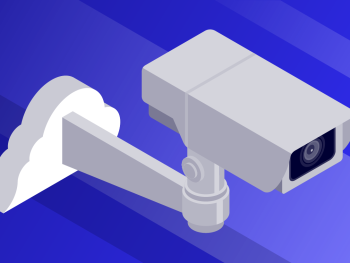

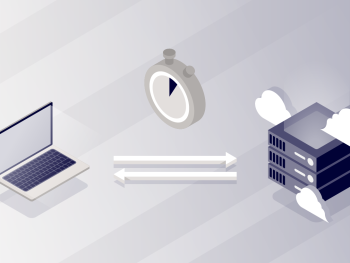
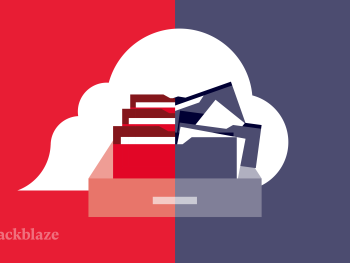
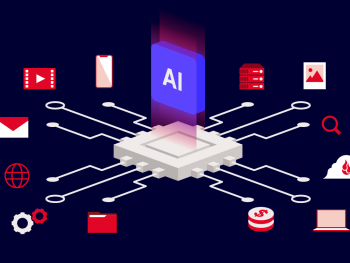
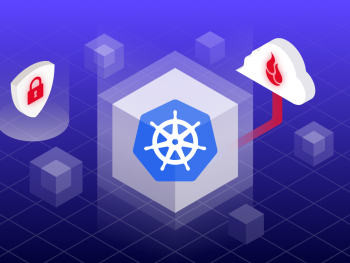
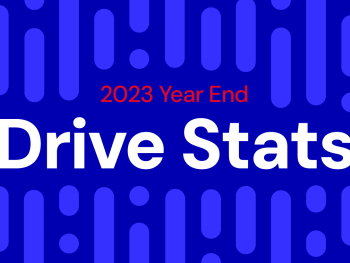
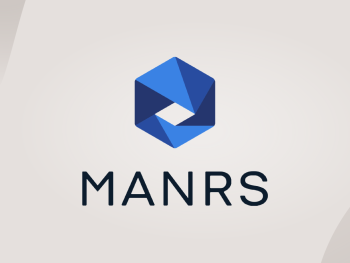
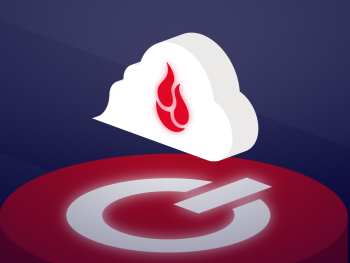
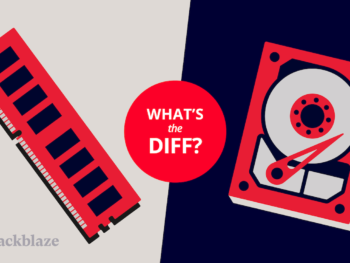
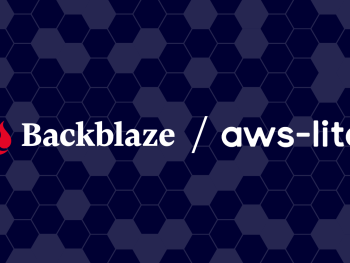

 Fire Works (or Does It?): How to Destroy Your Drives
Fire Works (or Does It?): How to Destroy Your Drives